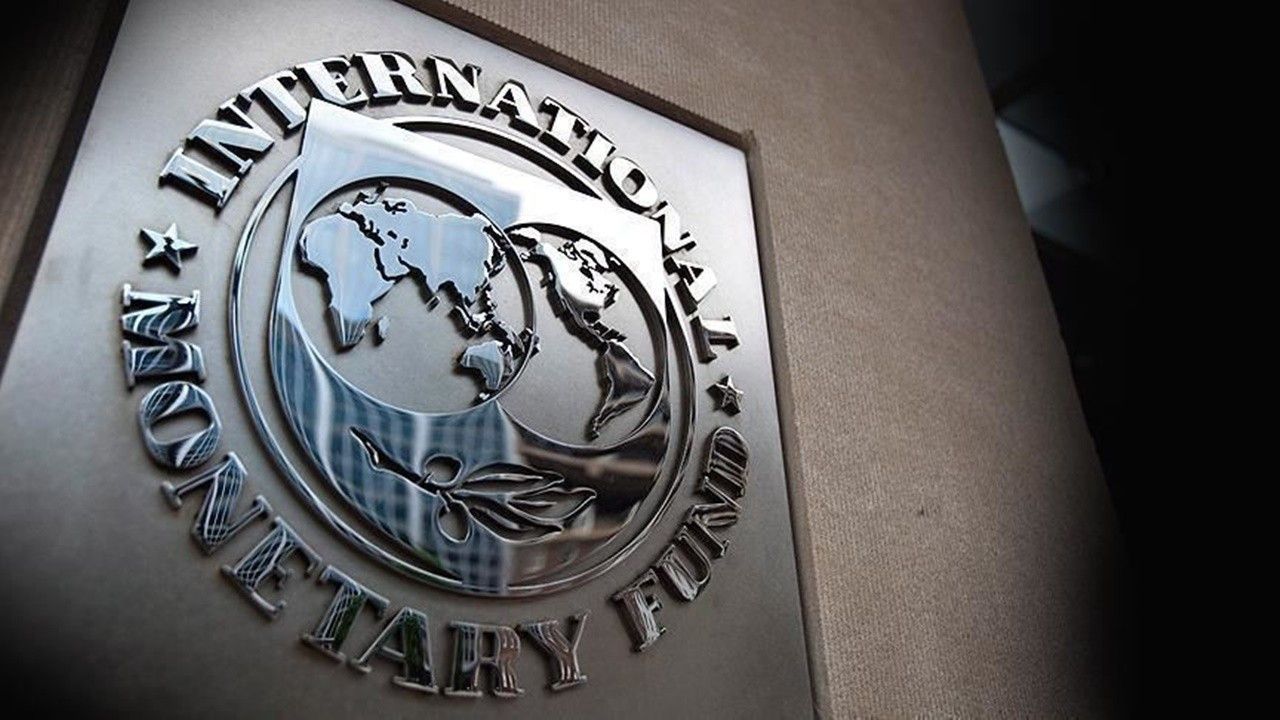Finance ministers from around the world gathered in Washington this week to hear from experts from the International Monetary Fund (IMF) and the World Bank on issues ranging from fiscal policy to global growth and aid to poor countries.
In its outlook for Europe presented at the meeting, the IMF said Italy and France would need to cut spending faster than planned to keep debt under control.
It advised Germany to increase spending to stimulate growth.
Emphasis on subsidies
"Advanced European economies with relatively high debt levels should implement more significant and front-loaded fiscal adjustments than envisaged under the authorities' current policies," the IMF report said, citing Belgium, France and Italy as examples.
In an interview with Reuters, the IMF's Europe director Alfred Kammer recommended bringing forward austerity to send a "strong signal to the market" and free up resources for longer-term challenges such as an aging population, climate change and rising military spending.
The International Monetary Fund projects that medium- and long-term financing pressures will reach 5.5 percent of the GDP of Europe's advanced economies by 2050.
Germany
Kammer said Germany has the "fiscal space" to invest in digitalization and public infrastructure and to support companies' research and development.
Earlier this week, the IMF lowered its growth forecasts for Germany, Europe's largest economy.
The IMF estimates that Germany can increase its debt brake, which limits the budget deficit to 0.35 percent of GDP, to 1.35 percent and reduce its debt-to-GDP ratio.
Germany is the only major European country with the highest rating, but its economic model, based for decades on cheap fuel from Russia and close ties with China, has been called into question by recent geopolitical tensions.
Italy
The International Monetary Fund is advising Italy and France on austerity measures to reduce the budget deficit.
As an example, Kammer stated that the Italian government's Superbonus incentive for local home renovations, which will be phased out by the end of next year, is "inefficient" and should be stopped.
On the other hand, the IMF did not specify by how much France and Italy should reduce their budget deficits.
The Fund expects a budget deficit of 4.3 percent of gross domestic product (GDP) for Italy this year, 3.7 percent next year and 3.0 percent in 2026.
Italy's finance minister says this will largely depend on the new European Union budget rules.
Italy, which was at the epicenter of the 2011-2012 debt crisis due to its high debt, will be subjected to a disciplinary process by the European Commission this year due to its continuously exceeding its budget deficit.
France
France last week raised its budget deficit forecast to 5.1 percent of GDP and announced that it would demand another 10 billion euros in budget cuts.
Kammer pointed out that France could also make a "significant gain" by getting rid of energy subsidies that Russia started after its invasion of Ukraine in 2022.
Paris has phased out many of its cost-of-living subsidies. But the tax break on electricity bills used to cap electricity prices has only been partially removed. This subsidy will be completely removed in February 2025.
While France has traditionally been seen as a safer country, its credit rating has been downgraded to AA minus over the past decade as its debt to GDP ratio has steadily increased.















